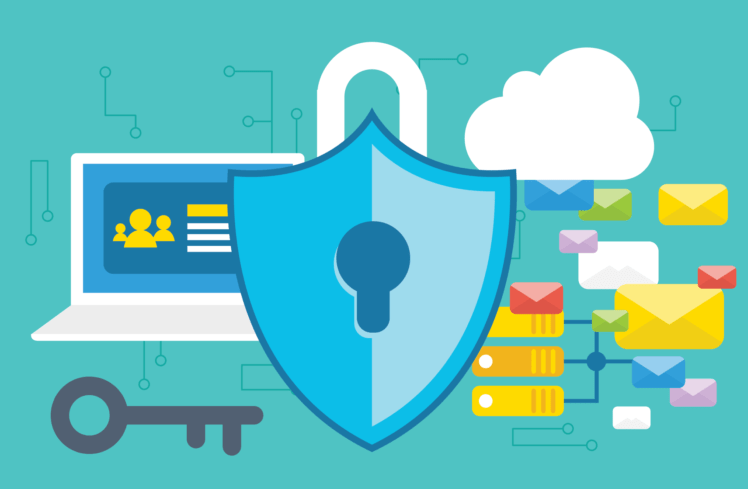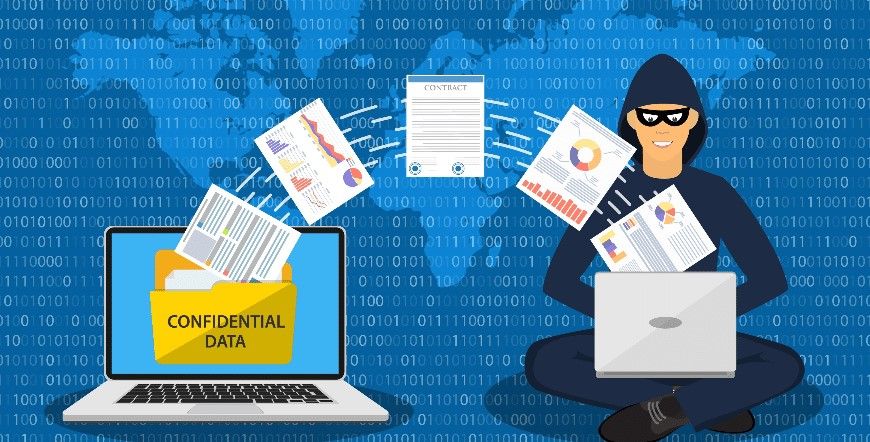In today’s interconnected world, where websites serve as the face of businesses and personal ventures alike, ensuring website security has become paramount. From e-commerce platforms to blogs and informational websites, all online entities are at risk of cyber threats. In this blog, we will explore why website security is a crucial aspect of web design and the measures web designers and website owners should take to protect their online assets.
Safeguarding Sensitive Information
A primary reason to prioritize website security is to safeguard sensitive information. Many websites collect personal data from users, including names, email addresses, passwords, and sometimes financial information. Without adequate security measures in place, this valuable data is susceptible to theft, leading to severe consequences for both users and website owners. By implementing robust security protocols, web designers can ensure that user information remains confidential and protected.

Trust and Credibility
A secure website instills trust and credibility in its visitors. When users know that their data is safe and that the website takes security seriously, they are more likely to engage with the content, make purchases, and return in the future. On the other hand, a website that suffers from security breaches risks losing credibility and may be perceived as untrustworthy.

Protection from Cyber Attacks
Hackers and cybercriminals are continually finding new ways to exploit vulnerabilities in websites. These attacks can range from DDoS (Distributed Denial of Service) attacks that overwhelm a site’s servers to malware injections and phishing attempts. Implementing strong security measures, such as firewalls, regular security updates, and secure coding practices, can help protect websites from these malicious attacks.

SEO Benefits
Website security also plays a role in search engine rankings. Search engines, like Google, prioritize secure websites in their rankings. Websites with SSL certificates (HTTPS) tend to rank higher than their non-secure counterparts. By prioritizing website security, web designers can positively influence a website’s SEO performance and attract more organic traffic.

Financial Protection
A security breach can result in significant financial losses for website owners. Not only could they face legal consequences if user data is compromised, but they may also suffer from loss of business, damage to their reputation, and costs associated with rectifying the breach. Investing in website security from the outset is a far more cost-effective approach than dealing with the aftermath of an attack.

Compliance with Regulations
Various regions and industries have established regulations and data protection laws that mandate specific security measures for websites handling user data. For instance, the General Data Protection Regulation (GDPR) in the European Union requires websites to protect user data adequately. Failure to comply with these regulations can result in severe penalties. By incorporating security features that align with these regulations, web designers can ensure their clients’ websites remain compliant.
Conclusion
Website security is not an optional feature in web design; it’s a necessity. The consequences of overlooking security measures can be detrimental to both website owners and their users. By prioritizing website security, web designers demonstrate professionalism, protect sensitive information, and build trust with their audiences. Implementing robust security protocols from the beginning can safeguard against cyber threats and contribute to the long-term success of any website.
Remember, in the digital age, a secure website is a strong website. As a web designer, it’s your responsibility to make website security a top priority in all your projects.
Also read: How to Design a User-Friendly Mobile Menu: Best Practices and Tips





